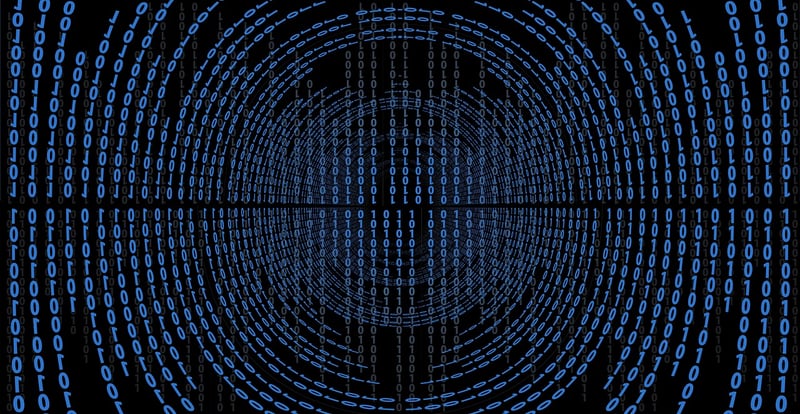Causality Conundrums
Navigating Time Complexities + Causality Conundrums
Understanding time complexities and causality conundrums is essential in various fields such as computer science, physics, and philosophy. Let's delve into these concepts to gain a deeper insight into how they shape our understanding of the world.
Time Complexities Demystified
Time complexity is a fundamental concept in computer science that analyzes the amount of time an algorithm takes to run concerning the size of the input. It helps in determining the efficiency of algorithms and plays a crucial role in designing efficient software solutions.
Common time complexity classes include O(1) constant time, O(log n) logarithmic time, O(n) linear time, O(n^2) quadratic time, and more. Each class represents how the algorithm's runtime grows as the input size increases.

Best Practices for Optimizing Time Complexities
- Choose the right data structures and algorithms for the problem at hand.
- Avoid nested loops whenever possible to prevent quadratic time complexities.
- Utilize techniques like memoization and dynamic programming to optimize recursive algorithms.
Unraveling Causality Conundrums
Causality conundrums explore the intricate relationship between cause and effect, often leading to paradoxes and philosophical debates. Concepts like time travel, determinism, and free will are central to these conundrums.
Questions surrounding causality conundrums include the grandfather paradox, bootstrap paradox, and the butterfly effect, each challenging our understanding of how actions and events are interconnected in time.

Contemplating Causality
- Explore the implications of time travel on causality and the potential for paradoxes.
- Consider the philosophical arguments surrounding determinism versus free will.
- Reflect on how small actions can have significant consequences, as exemplified by the butterfly effect.
By understanding time complexities and causality conundrums, we can not only enhance our problem-solving skills in various domains but also appreciate the intricate tapestry of cause and effect that governs our universe.
